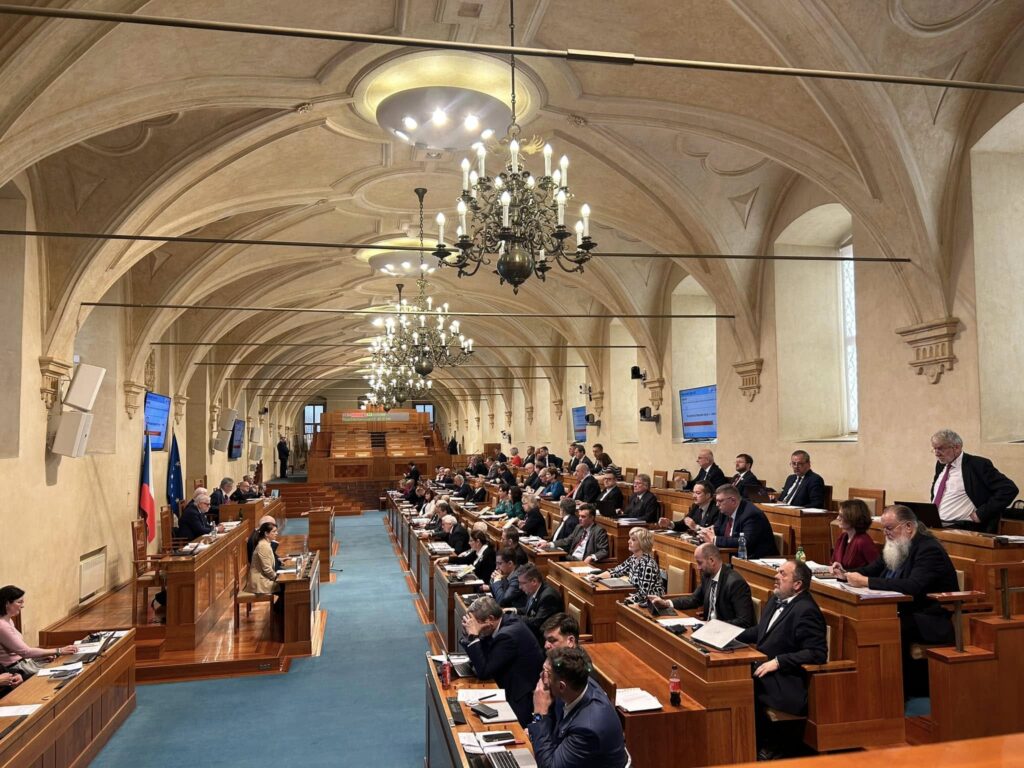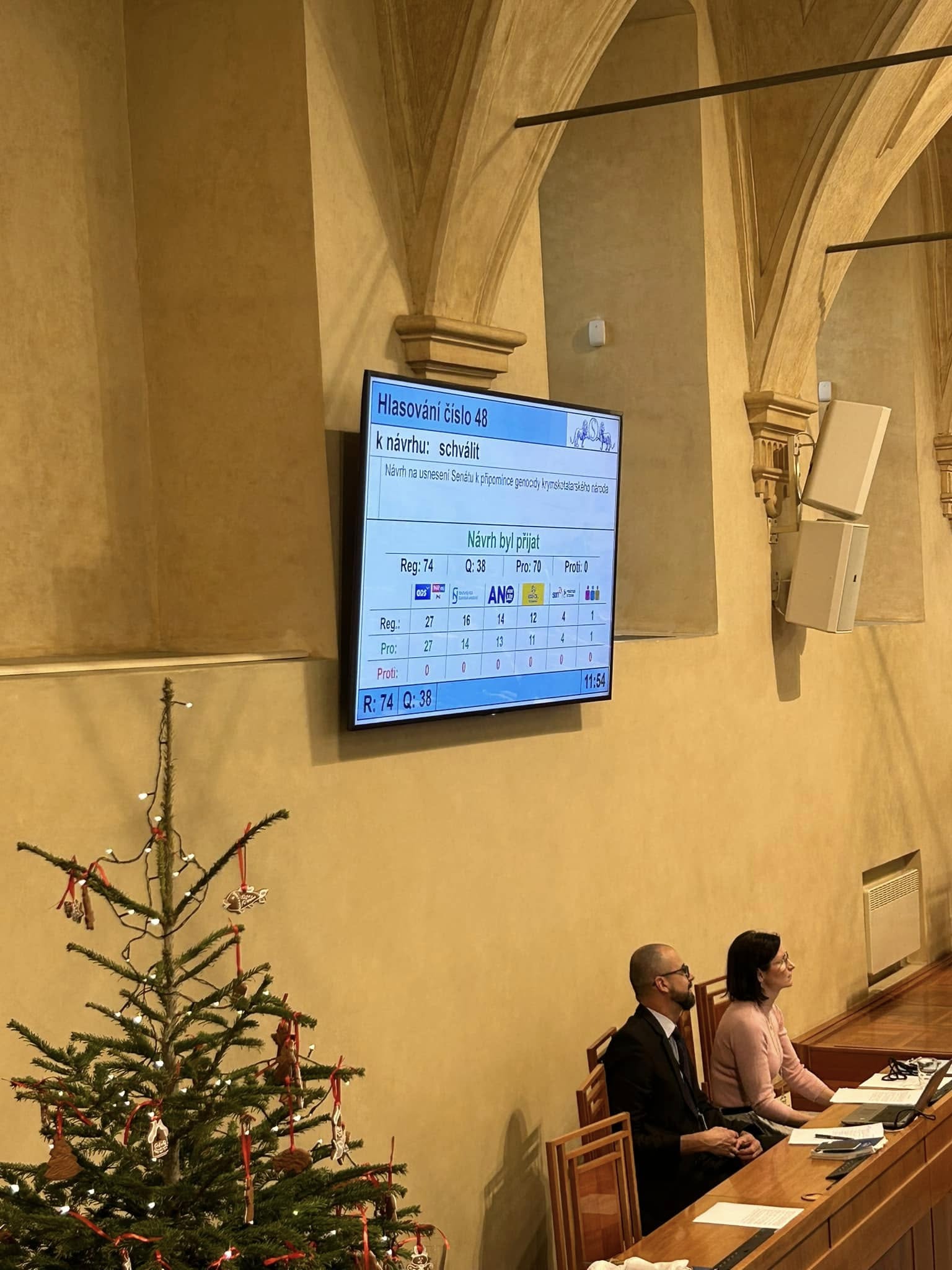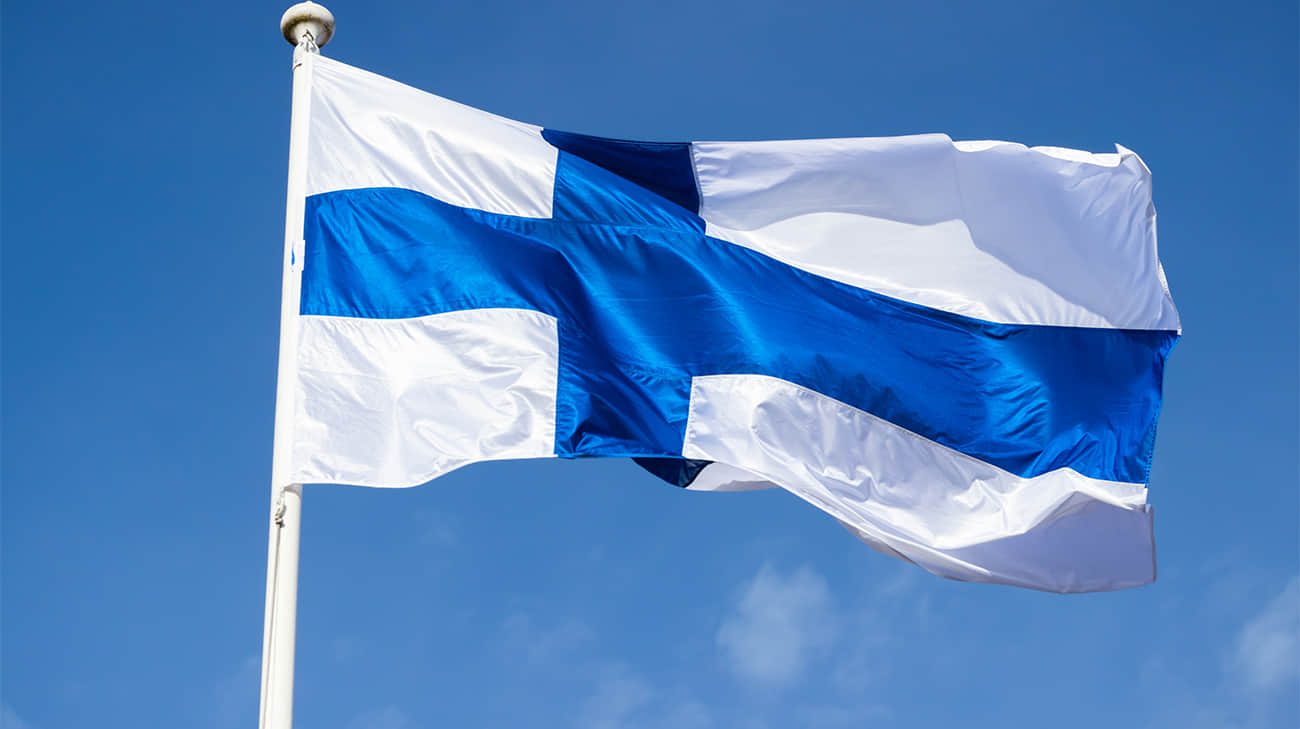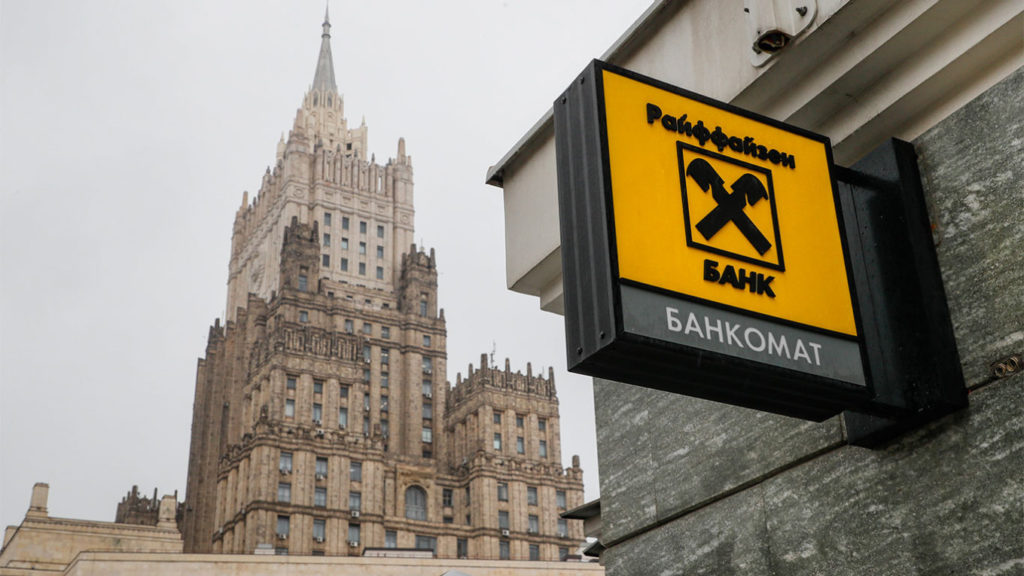Czech Senate unanimously recognizes deportation of Crimean Tatars as genocide
In a historic vote, the Czech Senate unanimously recognized the 1944 Soviet deportation of Crimean Tatars as genocide, joining several other nations in acknowledging this dark chapter of World War II.


On 18 December 2024, the Czech Republic voted to recognize the deportation of Crimean Tatars by the Soviet Union in May 1944 as an act of genocide.
As reported by the head of the Ukrainian delegation to Parliamentary Assembly of the Council of Europe (PACE) Maria Mezentseva, the vote in the Senate was unanimous.

The website of the senate says that 76 senators were present. Seventy of them voted in favor, four abstained, and no one voted against.
Mezentseva added that the delegation invited Mustafa Dzhemilev, Ukraine’s Commissioner for the Crimean Tatar People, to speak, and that the Senate gave him a standing ovation.
In 1944 during the Second World War, Soviet authorities implemented a campaign of ethnic cleansing and severe repression on the Crimean Tatar community, deporting a large number of people from the Crimean Peninsula.
By the end of the deportation, not a single Crimean Tatar lived in Crimea, and 80,000 houses and 360,000 acres of land were left abandoned. Nearly 8,000 Crimean Tatars died during the deportation, and tens of thousands subsequently perished due to the harsh living conditions in which they were forced to live during their exile.
Earlier, countries such as Ukraine, Latvia, Lithuania, Canada, Poland and Estonia have also officially recognized the repression of Crimean Tatars during the Second World War as an act of genocide.
Related:
- Russia weaponizes history to erase Crimean Tatar identity
- Poland recognizes Russian deportation of Crimean Tatars in 1944 as genocide
- Ukraine proves decade-long pattern of Russian human rights abuses in occupied Crimea
- Activists report mass repressions in Crimea against pro-Ukrainian supporters and Crimean Tatars
- Ten things about the Crimean Tatar deportation you always wanted to know, but were afraid to ask
- Crimean Tatar political prisoner requires urgent medical assistance, human rights defenders say



